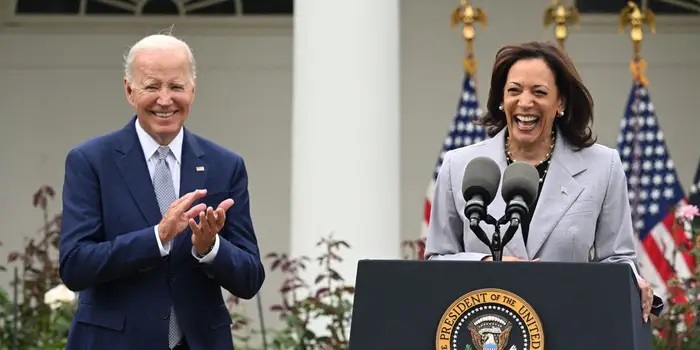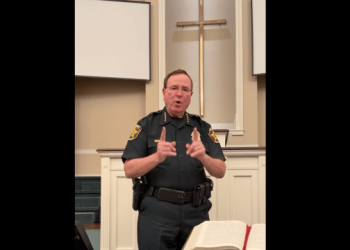Hurricane Helene has devastated the most staunchly Republican areas of North Carolina, leaving hundreds dead and missing. The storm destroyed roads, bridges, and cut off water and electricity, making it difficult for residents in these areas, which contributed a net of 231,000 votes to Donald Trump’s 2020 victory in the state, to vote.
Early voting is set to begin on October 17, but the storm’s destruction could have serious electoral consequences. Sixty-one early voting sites have been affected, and access to parts of Western North Carolina is still nearly impossible. This region’s infrastructure is expected to remain in disrepair well into the early voting period.
In response, the Democratic Party is reportedly considering expanding mail-in voting, using drop boxes, and setting up pop-up voting sites. Provisional ballots may also be allowed for those displaced by the storm. However, concerns are growing that these measures, designed to help hurricane-affected voters, may extend to areas that were less impacted by the storm, potentially benefiting urban, Democratic-leaning regions. A lawsuit based on the 14th Amendment’s equal protection clause may be filed by Democratic attorney Marc Elias, demanding that relaxed voting rules in the storm-hit West be applied statewide.
As Rahm Emanuel, former Chicago mayor and Obama’s chief of staff, once said, “You never want a serious crisis to go to waste,” a sentiment that’s resurfacing as Kamala Harris faces the possibility of flipping North Carolina in her race for the presidency.
Republicans, recognizing the electoral risks, are mobilizing to counter these changes through the state legislature. But with early voting looming, time is of the essence, and it remains uncertain what further actions North Carolina Governor Roy Cooper or the State Board of Elections might take, potentially bypassing legislative efforts.
Natural disasters can have a profound political impact. Just ask any mayor whose town has been buried under snow with streets left unplowed. While federal aid has been slow, state-level responses have been faster. Florida Governor Ron DeSantis quickly deployed the National Guard to assist neighboring states, and 19 other states have sent search and rescue teams, providing much-needed relief to storm-ravaged areas.
Despite these efforts, the federal government’s response has been criticized for its delay. Fort Liberty, one of the largest military bases in the U.S., stood idle for days until President Biden ordered 1,000 soldiers to assist five days after the disaster hit. The situation was further complicated by the FCC’s cancellation of a contract with Starlink last December, leaving rural areas without reliable communication systems. Starlink has since stepped in to provide emergency satellite services, but its absence earlier might have worsened the communication outages.
By comparison, President Biden’s handling of Hurricane Helene is being praised in the mainstream media, a far cry from the media’s harsh criticism of George W. Bush’s response to Hurricane Katrina in 2005. Bush’s aerial survey of New Orleans was framed as detached, contributing to Republican losses in the 2006 midterms. Similarly, Barack Obama’s response to Superstorm Sandy in 2012, along with his bipartisan moment with then-New Jersey Governor Chris Christie, was viewed as politically beneficial just before Election Day.
Hurricane Helene’s political ramifications for the 2024 election are still unfolding, but it’s clear the storm’s effects will be felt both in the disaster zone and in the political arena.
 Telegram is where we really talk. Don't miss out!
Telegram is where we really talk. Don't miss out!








